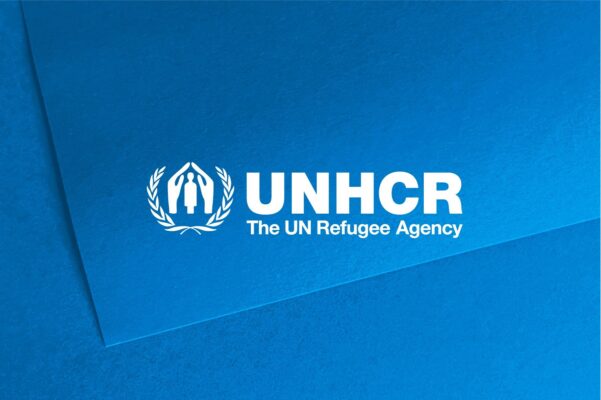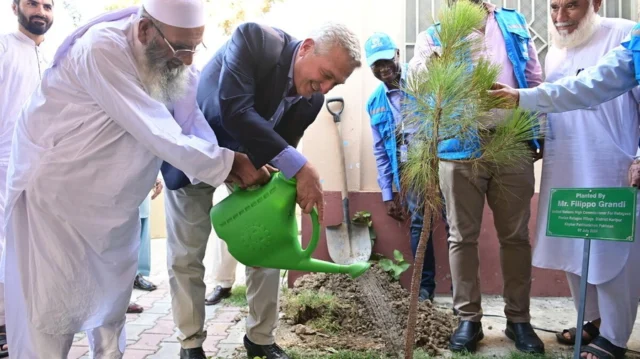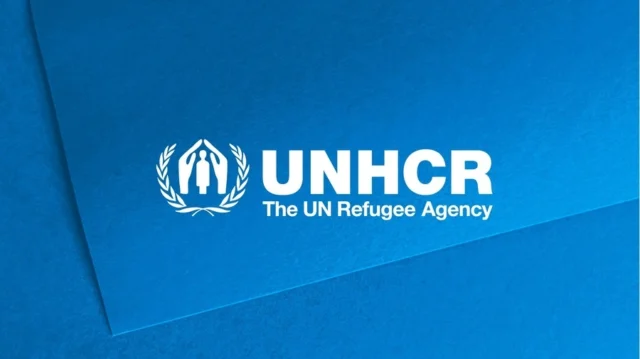Concerned by the arbitrary detention of asylum-seekers by some States, UNHCR, the UN Refugee Agency, is calling for urgent reforms to halt this detrimental practice.
Releasing its latest advocacy brief today, Unlocking Rights: Towards Ending Immigration Detention for Asylum-Seekers and Refugees, UNHCR warns that across the world asylum-seekers and refugees are often arrested and detained, unable to challenge their situation or exercise their right to international protection. This is despite their fundamental human right to seek asylum.
The brief highlights the severe consequences of arbitrary detention for those fleeing violence, conflict or persecution. Detention has devastating impacts on their physical and mental health, disrupts family ties and, as recognized by the Committee of the Rights of the Child as well as several national and supranational courts, is never in the best interest of the child.
Despite clear international legal constraints, including the prohibition of detaining children for immigration reasons, UNHCR fears the use of immigration detention is on the rise. In a number of contexts, many asylum-seekers face mandatory or indefinite detention in inadequate and degrading conditions, often without access to legal representation or judicial review.
The brief identifies four critical areas for reform: de facto detention, detention of children, procedural rights, and alternatives to detention. It emphasizes that alternatives, such as community-based models, are more humane, cost-effective, and ensure high compliance with asylum procedures.
UNHCR’s brief also calls on States to adopt and fully implement laws and policies aligned with international human rights law and international refugee law standards.
UNHCR urges governments to take immediate steps to end immigration detention, especially for vulnerable groups, and prioritize non-custodial alternatives that respect human dignity.
For more information, please contact:
- In Geneva, Shabia Mantoo, mantoo@unhcr.org, +41 79 337 7650
Originally published by UNHCR on 18 September 2024.






